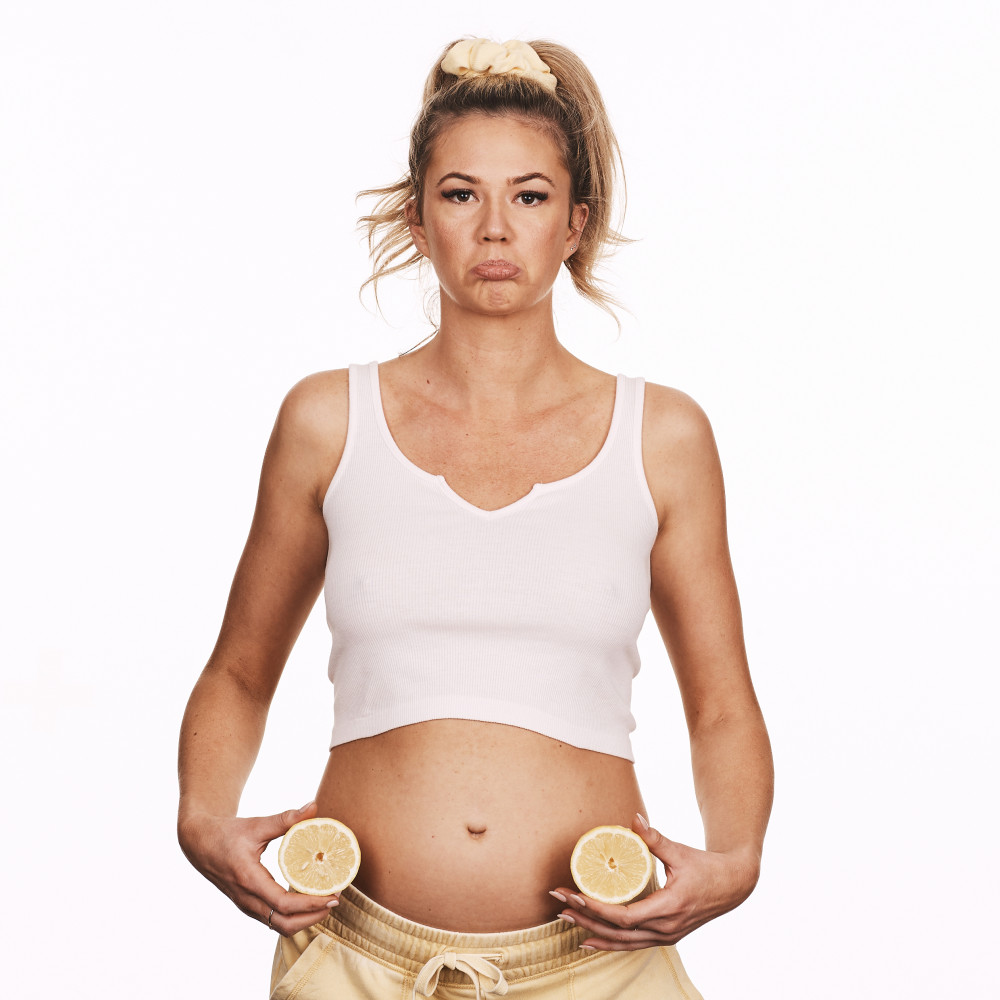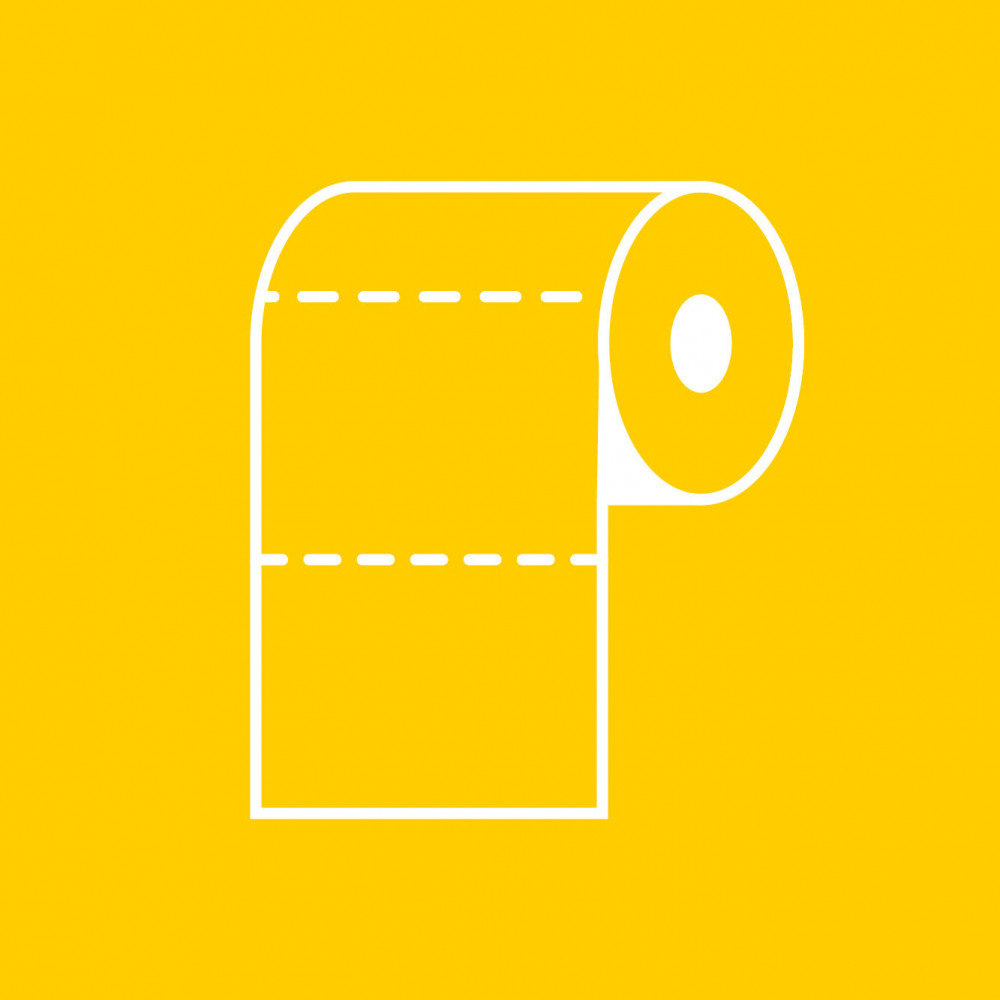The period bloat is something we can all identify with, and it’s been in the spotlight recently with a wave of influencers posting pictures of their otherwise lithesome bodies on Instagram, showing how no one is immune from the puffy reality of fluid retention.
Along with all the other less-than-desirable side effects of your period, the inevitable bloating usually takes up residence just before and during the four-to-seven days. (Studies have found that women experience the worst bloating on the first day of their period.) With it comes a clinical a desire to ditch anything figure hugging in favour of jarmie bottoms. But have you ever wondered why it happens?
As with most things periods-related, there’s more than just one answer. Research suggests the changes in progesterone and oestrogen levels that trigger menstruation also cause the body to retain more water and salt. The body’s cells become swollen with water, causing the feeling of bloating.
In addition, the bowel works more slowly during your period because the increased contractions in the uterus (hello period pain) have an impact on how quickly food moves through the digestive system. This adds to the familiar swollen feeling and is also linked to weird bowel activity around this time.
So, other than posting pics of your protruding tummy on social media, what can you do about it? While an instant cure isn’t on the cards (soz), there are a few things that will help.
1. Watch the diet. A low-sodium diet, including fruits, vegetables, whole grains, and lean protein will help combat the bloat. Foods that act as natural diuretics such as cucumber, watermelon, lemon juice and ginger will also make you feel lighter on your feet. And obvs stay away from foods that cause gas, like broccoli, beans and Brussels spouts.
2. Drink lots of water. Those eight glasses are more important than ever right now. Drink it neat or mix it up with lemon or peppermint tea. Ditch gassy, sugary and fizzy drinks and dehydrating alcohol and caffeine as far as you can for these few days too, and you should be able to maintain eye contact with your feet in the shower. An over the counter diuretic can also help.
3. Exercise! Working out might be the last thing you feel like doing, but getting your heart rate up is one of the best ways to give your digestive system a kick up the proverbial. Gentler activities such as swimming, pilates and yoga are a good bet.
4. Sleep. Ever noticed how your tummy is flatter in the morning? While you’re asleep the excess fluid in your tummy moves back into your body and is flushed out. Eight hours should do it. (Check out our post on getting a good night’s sleep here.)
5. If all else fails, talk to your doctor about going on the pill. Medical studies have shown that it lowers the effect of PMS by over 50 per cent, and that includes bloating.




